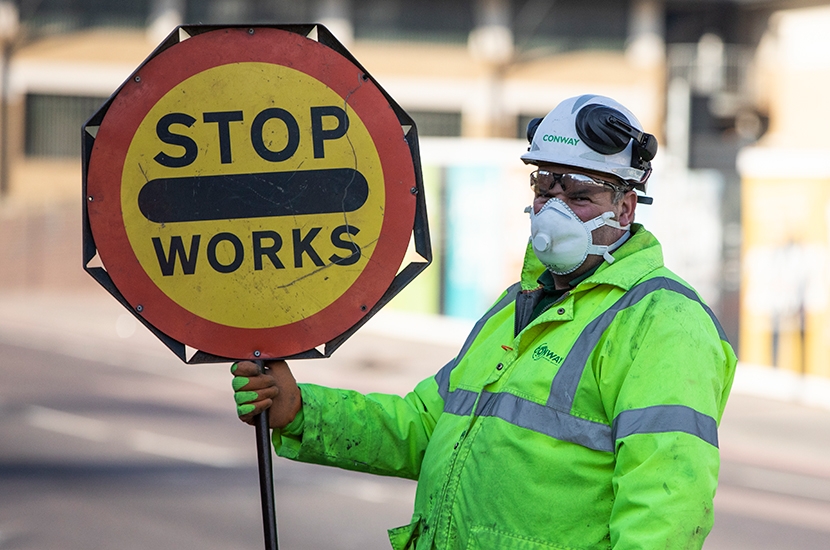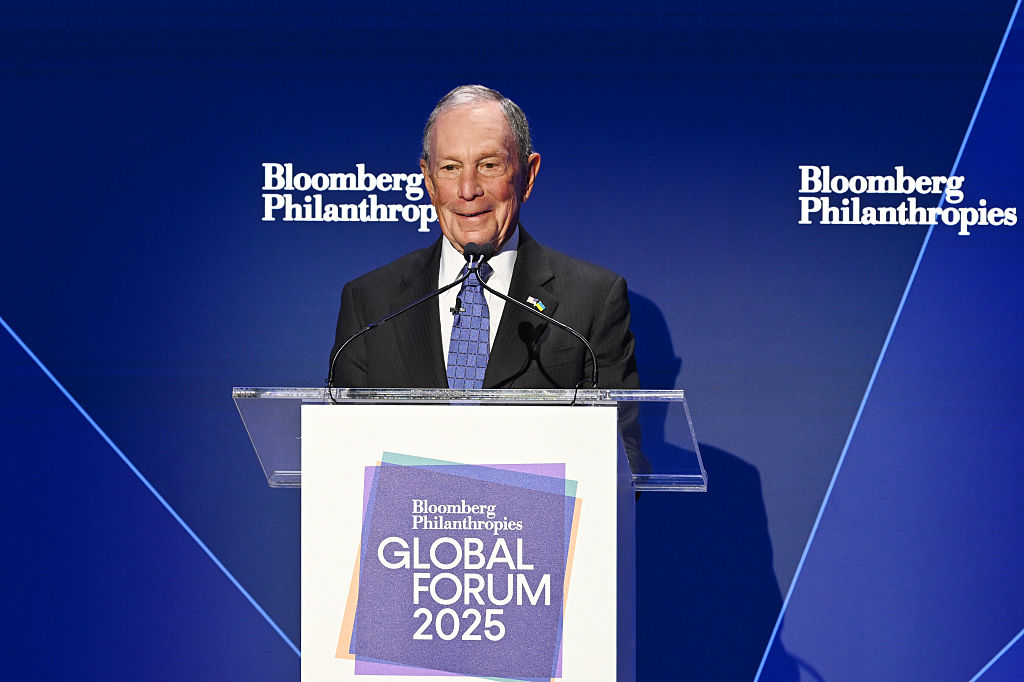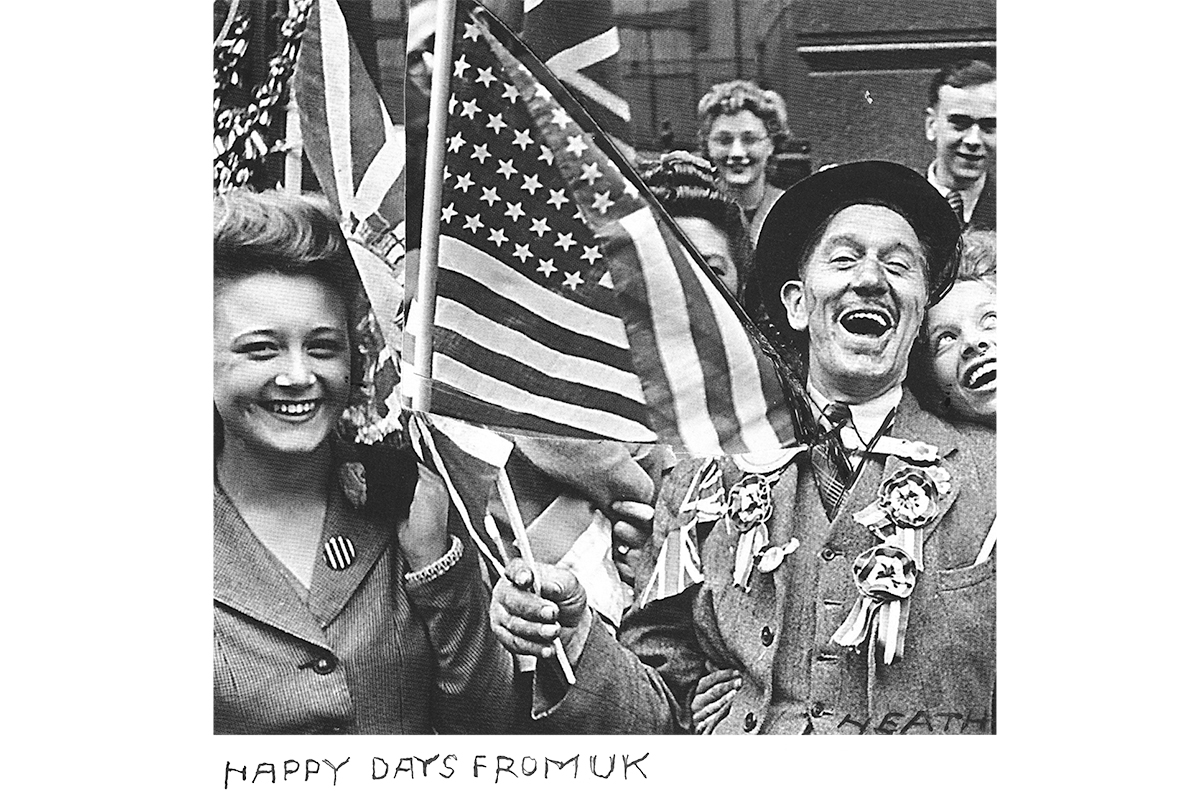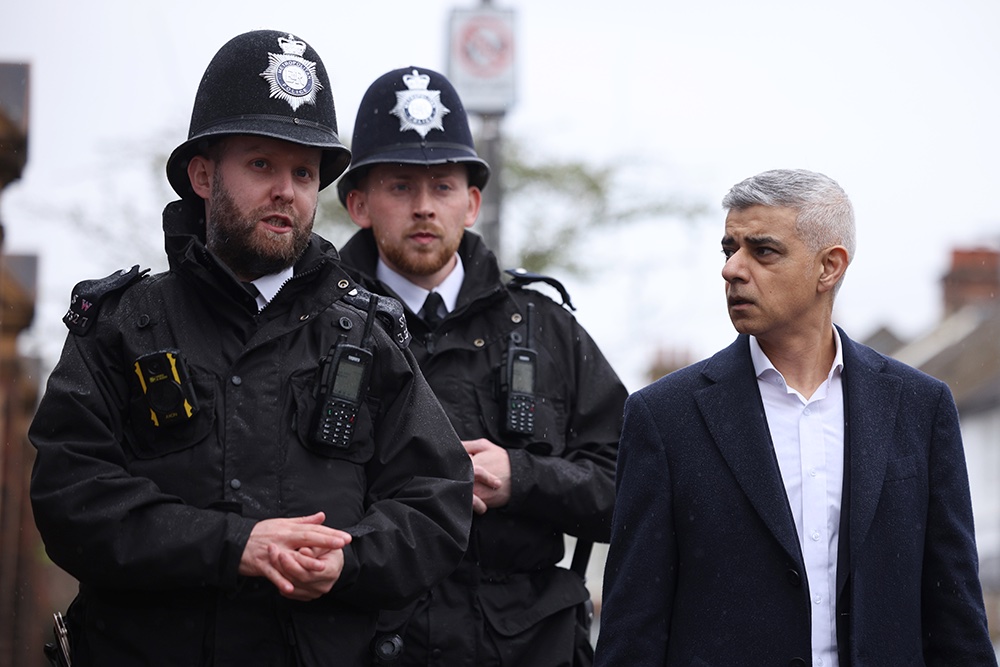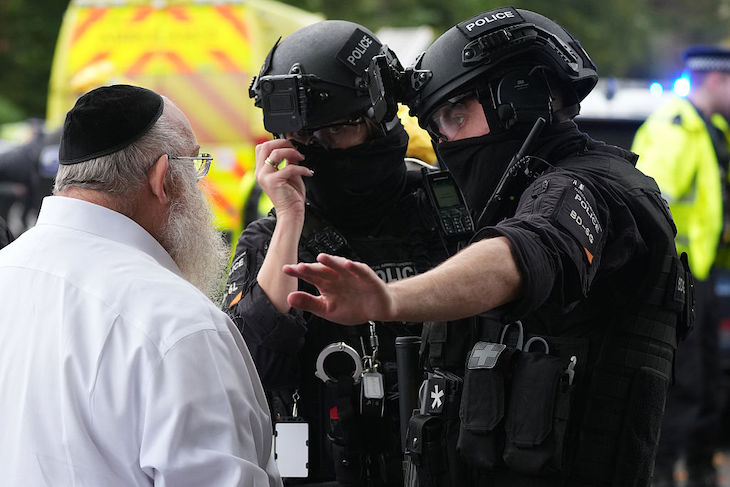In the past 10 days we have seen the greatest expansion of state power in British history. The state has shut down huge swaths of the economy, taken on paying the bulk of the wages of millions of private sector workers, and told citizens that they can leave their homes only for a very limited number of approved activities.
Boris Johnson likes to say that Britain is ‘at war’ with COVID-19. The parallel is hardly exact, but this expansion in state power is what you would expect in a war of national survival. It is worth remembering, as A.J.P Taylor wrote, that before ‘August 1914 a sensible, law-abiding Englishman could pass through life and hardly notice the existence of the state, beyond the Post Office and the policeman’. But the first and second world wars changed that. They produced both the modern welfare state and the regulatory state. How will the ‘war’ on coronavirus change us?
The prime minister and the chancellor are instinctively uncomfortable with the state having so much more control over both the citizen and the economy. One of the constants of Johnson’s journalistic and political career has been his railing against the ‘nanny state’. Yet he now finds himself ordering people to stay in their houses. ‘That irony is not lost on him,’ says one confidant. Indeed, this is why he resisted the imposition of these extreme measures until he was told that they were essential. Some will criticize him for the delay. But his deep discomfort with this encroachment on freedom means that he won’t be tempted to maintain any of the apparatus of social control once this crisis is over. The chancellor, Rishi Sunak, is not a ‘big state’ Conservative either. His jobs protection package is designed to be an emergency measure rather than a general expansion of the safety net, which would be far harder to retract.
But some lasting changes are inevitable. The status of the self-employed will be altered by this pandemic. Until now, they have faced favorable tax treatment on the basis that they take much of the risk on to themselves. This crisis has shown that this approach is not sustainable for those at the lower end of the income scale.
In several cases, the response to COVID-19 will confirm changes that were already happening. Under Johnson and Dominic Cummings, the Tories had stopped looking for a reformation in health care and instead sought to turn themselves into the high priests of the national religion, the National Health Service. The government was already putting huge sums into the health service. Even more money will now be pumped in to try to create spare capacity. The Department of Health — struck by how many doctors and nurses have voluntarily returned to the colors to help with this emergency — is keen to create an NHS reserve along the lines of the army reserve once this crisis has passed.
The Attlee government was able to create the NHS, nationalize industry and introduce the planning system because victory in World War Two had made the public believe in the ability of the state to run things successfully. If the state does succeed in defeating this virus and in staving off the worst of the economic damage, then public confidence in it will grow. This shift would mean that voters would be more inclined to ask why the state does not take on this or that difficult task. It would undoubtedly make life easier for politicians on the left. However, the increase in the national debt — inside government they think it is likely to exceed 100 percent of GDP before this crisis is over — will mean that, in the words of one ally of the prime minister, ‘borrowing won’t be as easy as we expected’. The run on the pound last week was a reminder that even a small deficit can be punished by the markets.
One of those on the front line of handling coronavirus admits that it has ‘shone a light on problems we didn’t know we had’. An example of this is how limited the state’s ability was to trace those who had flown in from Wuhan early in the outbreak. When international travel resumes properly, expect the government to require far more information from visitors on where they are going and how they can be contacted. The threat of pandemics will become another reason why voters want tougher ‘border security’.
Another problem is the question of how to handle the relationship between the Westminster government and the devolved administrations. During this crisis Johnson has been determined that the UK must move as one, but some in Whitehall feel that this has given the devolved administrations too much leverage in Cobra meetings. One attendee complains that the Scottish government in particular ‘tries to outflank us on the hard-line positions’. Tellingly, Nicola Sturgeon calls Johnson ‘Boris’ in these meetings, not ‘Prime Minister’. Those present reckon that this is her trying to show that the first minister of Scotland is the prime minister of the United Kingdom’s equal.
Perhaps, though, the biggest shift will come in the UK’s attitude to China. First, the desire for supply chain security, and particularly for medical goods, will lead to a national policy aim of manufacturing more here. When I asked one influential government figure what the most significant change brought about by this virus would be, I was told: ‘We’re going to be doing a lot less trade with China after this.’
The second point is that China’s reaction to this crisis has underlined the kind of regime that it is. Chinese efforts to cover up information about COVID-19 were bad enough, but there has been shock at the use of China’s diplomatic network to spread misinformation about the origins of the pandemic. One close ally of the prime minister who had always defended Johnson’s decision to allow Huawei to build part of the UK’s 5G network now concedes that there will need to be a rapid timetable to replace it with a supplier from a more trustworthy state. Another Downing Street insider predicts that there will be public pressure now for a tougher line on China.
The shared experience of dealing with this virus is bound to change Britain. The challenge for Johnson is to lead that change, rather than being led by it.
This article was originally published in The Spectator’s UK magazine. Subscribe to the US edition here.



